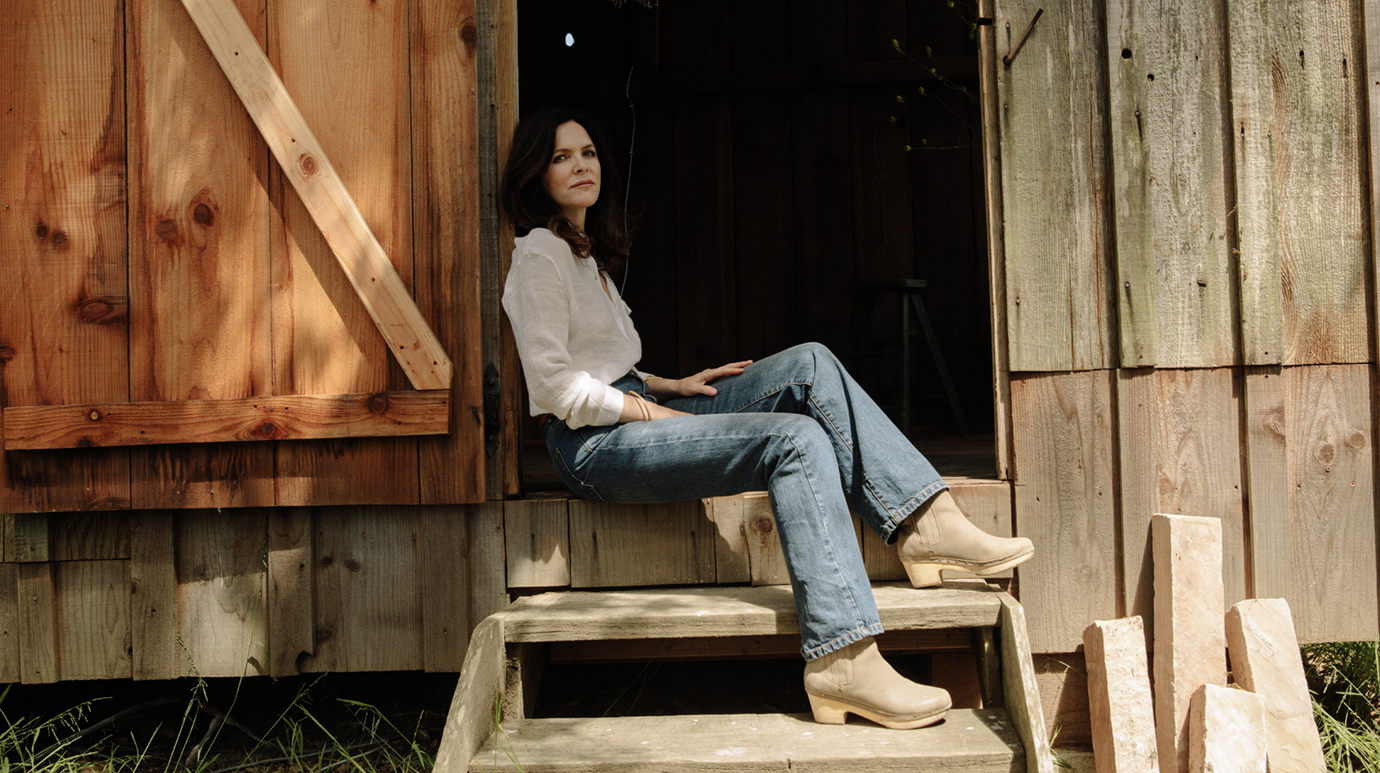Now that we have learnt from last weeks chat with Kelsey Barrett how important it is to integrate herbal variations into your daily life to boost your system instead of caffeine and other stimulants, we spoke to her about the ideal kitchen and cooking space.
IRMA: Why is a well-equipped kitchen as important as the food we cook?
KELSEY BARRETT: Kitchen tools can become as opulent and exaggerated as most luxury lifestyle items. The kitchen is where we express ourselves and feed our family and friends. It’s important to feel a sense of belonging in your kitchen and to be able to use what you have.
An enchanting part of European culture is how some families pass down cooking utensils as part of their lineage. These are always the mainstay and heart of the kitchen. That sense of lineage, of generations connected to the natural world, is a powerful place to be in the kitchen.

IRMA: What are your most important tools for creating a healthy kitchen?
KELSEY BARRETT: I use a mix of modern and traditional cookware made from titanium-reinforced surgical steel, which does not leach chemicals into food, and 100% ceramic. As women’s health can be severely affected by plastics, with even BPA-free materials potentially disrupting hormone development and embryo formation, I avoid all plastic in my kitchen.
It’s all about the quality of the materials.
At the moment, my high-speed blender is in constant use, making pesto from summer basil and wild plantain, Plantago spp, and dandelion, Taraxacum officinale. I freeze the pesto in silicone ice cube trays to add to winter soups.
IRMA: Why is it becoming more and more important to cook your own food?
KELSEY BARRETT: Oils! The polyunsaturated fatty acids (PUFAs) in many vegetable oils cause systemic inflammation in the body, which has negative effects on metabolic health, skin and hormones. Do you have bronze patches on your skin? PUFAs can contribute to this oxidative damage.
Cheap vegetable oils are often used in restaurants. Empower yourself by cooking at home!
I prefer fruit and animal oils such as olive oil, coconut oil, ghee, grass-fed butter and tallow. Grass-fed animal products contain trace amounts of vitamins A, D and K, which have been shown to be essential for healthy ageing.

IRMA: What types of foods support the overall detoxification process?
KELSEY BARRETT: Keeping our bodies hydrated is an important practice for maintaining healthy detoxification because, like plants, we all dry out as we age. When we are systemically dry, toxins accumulate more easily in the tissues.
In late summer and early autumn, I love the seasonal preparation of corn silk water, a tradition from the Americas that uses typically discarded corn stalk “silk” soaked in water overnight. The corn silk gives the water a smooth taste with a subtle sweetness. It hydrates and nourishes the urinary tract, one of our most common detoxification organs.
The roots and leaves of the European mallow (Malvaceae spp.) can also be used in place of corn silk for a similarly hydrating cold infusion.

IRMA: In a fast-paced world, sometimes we do not find the time to live and eat healthy enough. Do you have any tips on how to save time and create healthy living points in advance?
KELSEY BARRETT: Herbal tea bags are one of the quickest ways to incorporate herbal medicine into your life. Try drinking them every day. They’re easy to keep in your bag and take with you on the go.
When you first start doing something new, like incorporating herbal tea into your day, it can feel really overwhelming. “I have to drink this tea three times a day?” What may seem overwhelming at first can become easy with a little practice.


